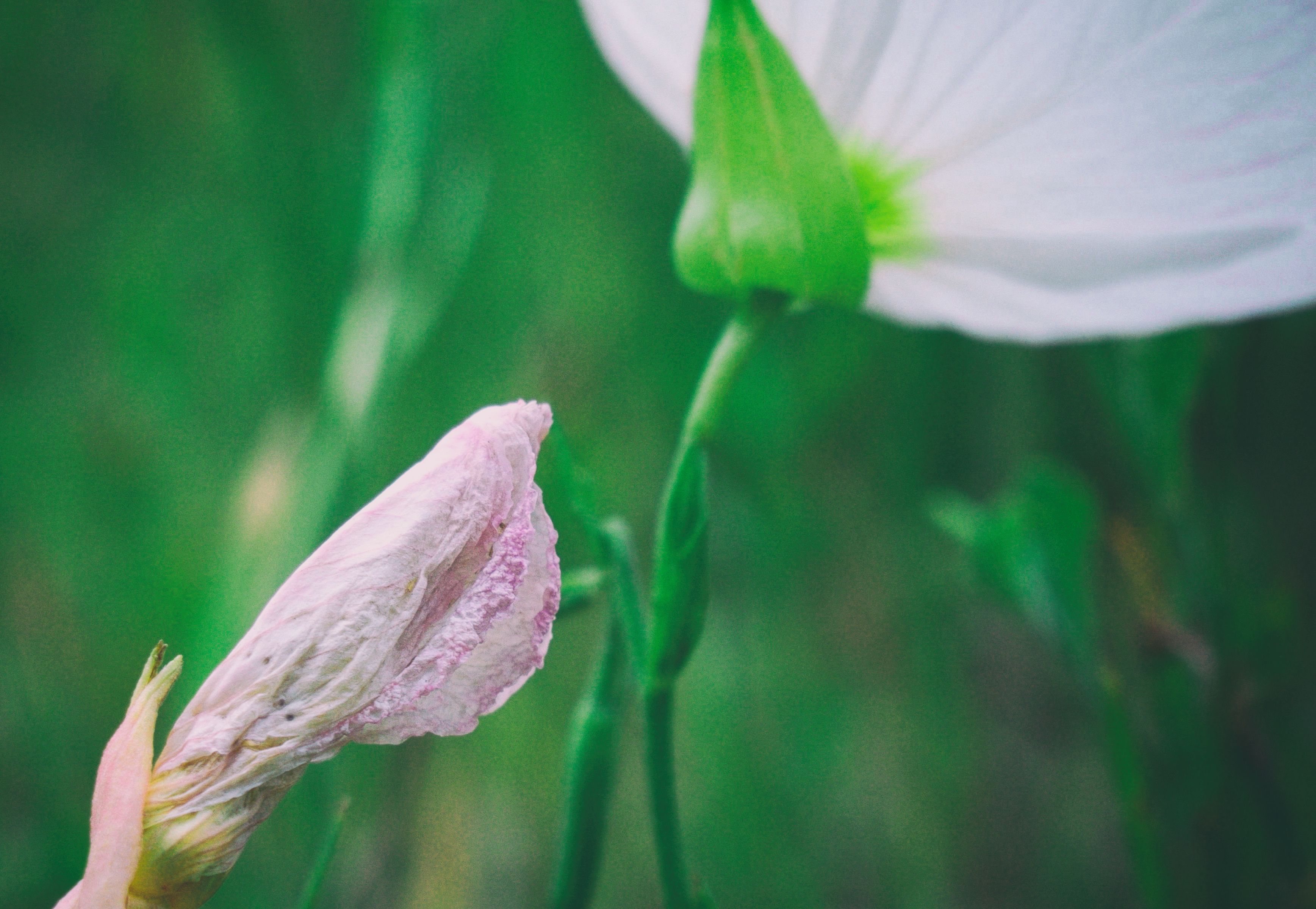~~~

The flowers I pick
Die in my hand,
But flowers I can’t
But pick.
Photo’s my own.

The flowers I pick
Die in my hand,
But flowers I can’t
But pick.
Photo’s my own.
I woke up in the best way today—a bit stark raving. Every thought is a letter.
I drink from a red mug with a chip in it. Wabi sabi, the Japanese might call it. There’s a glory in the fractured. You won’t find it, in this world, in the perfect. This is, right now, my favorite mug. I didn’t like it especially yesterday, and I probably won’t tomorrow, having returned to that erking and ever-present worry that I might not be perfect.
The desire to write something that someone learns from, in an abstract sense, seems as steeped in pride as anything else in my life. I want them to learn because I want to be mighty enough to teach.
The true teacher doesn’t want to teach in an abstract sense. They want to help those whom they see as not having learned. I have felt that at times. And when, at my best times, I speak with someone who needs information I have been given, I try to give it, and I do so with as much grace as I can so that 1) they learn and 2) they aren’t belittled by not knowing.
Gut reaction—an artist is a subcreator, with all the nuances that being a true subcreator requires. To the degree that a person is a subcreator, a person is an artist. And to the degree that a person is a subcreator, the appropriate amount of grace is required—whether common grace or special grace.
Also, what is a writer, if an artist?
I feel like this idea that I am part of the community of man and that the purpose of man is to further us along (toward the glory of God). Christ became our head, and we follow him.
Some of my impetus for how I’ve been developing my world depends upon my inability to create without placing the gospel in whatever world I create. I feel like this is a shortcoming in me. I love a lot of worlds that don’t seem to incorporate the Gospel, like Harry Potter and Star Wars. They typically still have good versus evil, but there doesn’t seem to be any presence of God in them (and so no grounding for their good and evil—making them some kind of floating, rootless things, or making them dependent upon the audience’s assumptions about good and evil).